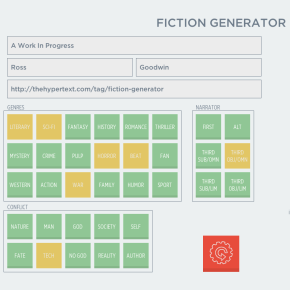For my final project in Introduction to Computational Media with Daniel Shiffman, I presented my fiction generator (working title: "FicGen"). Since my previous post about this project, I have added a graphical user interface and significantly refactored my code.

Fiction Generator, Part II
After scraping about 5000 articles from tvtropes.org to retrieve descriptions for characters and settings, Sam Lavigne suggested I scrape erowid.org to dig up some exposition material. I proceeded to scrape 18,324 drug trip reports from the site, and integrated that material into the generator.
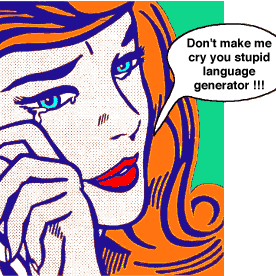
Fiction Generator
For my Introduction to Computational Media final project, I will be creating a fiction generator using text files scraped from tvtropes.org along with natural language processing in Python.
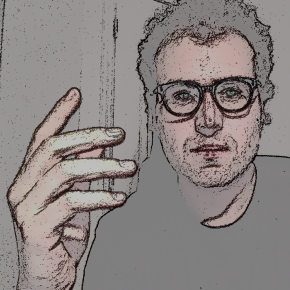
Edge Finder
For the pixel manipulation assignment in Introduction to Computational Media, I created an edge finding algorithm that can find edges in the frames of a live video stream.

Stenographer Gloves & A Forest of Files
In this post, I will outline a project that I plan to pursue (in full or in part) for my final project in this semester's Physical Computing class with Tom Igoe, and possibly for Introduction to Computational Media with Daniel Shiffman.
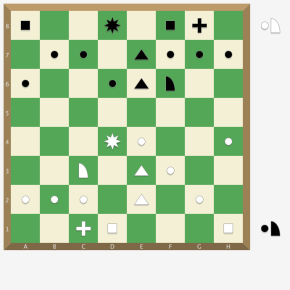
General Update
I've been so busy the past two weeks that I failed to update this blog. But documentation is important, and that's why I'm going to take a moment to fill you in on all my recent activities. This post will cover all the projects I've been working on.

Primitive Fractal, Part II
For this week's ICM homework, Dan Shiffman asked us to experiment with rule-based animation, motion, and interaction. I decided to expand on the primitive fractal pattern I developed last week and recorded the results in a video. All the code is available on Github.
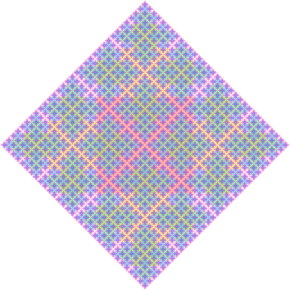
Primitive Fractal
For my ICM homework, I created a primitive fractal pattern. The source code for the image on the left is available on Github.
